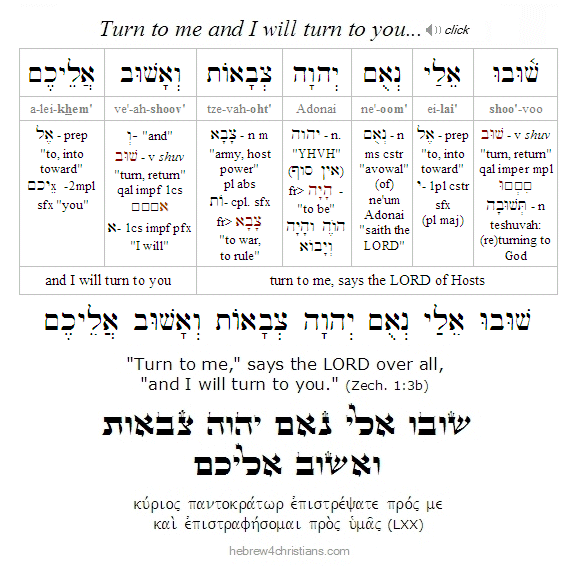|
Jacob's marriage to Rachel and Leah is related in this week's Torah reading, and many commentators struggle with the question of how he was permitted to marry two sisters, especially since Jewish tradition maintains that he (like Abraham before him) "kept the entire Torah before it was given" (Gen. 26:5). But does not the Torah explictly forbid such a marriage (Lev. 18:18)? Moreover, didn't Jacob consort with concubines (i.e., slave-girls) to bear his children? While there is no explicit law against this, surely Jacob would have realized the dangers of doing so. Wasn't his own father Isaac haunted by the memory of his half-brother Ishmael -- the son of his grandfather Abraham and a concubine? And wasn't the Akedah (sacrifice of Isaac) meant to teach Abraham, among other things, that his treatment of Hagar was unjust?
Some commentators excuse Jacob because of the deceptive circumstances surrounding his marriage to Leah. After all, he had promised to marry Rachel, and this promise is considered "weightier" than the law not to marry two sisters.... Other commentators took a different approach. According to Maimonides (the "Thomas Aquinas" of normative Judaism), outside of the Promised Land a Jew is not required to keep the Torah, but only Sheva mitzvot b'nei Noach -- the so-called "Seven Noahide Laws" given to the nations in general. In fact, some of the sages go so far as to say that the LORD did not want the Torah to be kept until it was publicly given to the 600,000 at Sinai (Yafeh To'ar). Therefore, according to these commentators, since Jacob was outside of the land of promise, he was exempted from observing acts of righteousness that would have been binding had he been living there. I wonder what King Solomon, in all his wisdom, might have said regarding this question?
This line of thinking is redolent of those sages who understand God's Presence to be physically tied with the Promised Land itself, almost as if God were some kind of local deity. Was the Temple to be a "place of prayer for all nations" (Isa. 56:7) or a "Gilded Cage" intended to keep God as a separate possession? "As below, so above" say the Kabbalists. Holiness means separation, and therefore certain laws are said to apply "in the camp" that do not apply when away from home.... The Talmud seems to agree: "Whoever lives outside the land of Israel is as if he had no God" (Ketubot 110b), and the midrash states that the only reason a Jew should keep the commandments while in the Diaspora is so that they would not be forgotten when they eventually return to their divine inheritance.
When the parochet (veil) of the Temple was rent asunder -- from top to bottom -- the "caged Lion" was unleashed, and the God of Israel opened up His sanctuary to all who would come to Him in sincerity and truth (Matt. 27:50; John 4:24). His Glory fills the world and His salvation is available to the uttermost parts of the earth.
Hebrew Lesson
Zechariah 1:3a reading (click):
|



